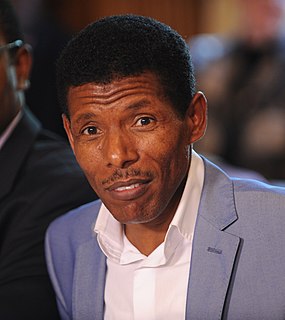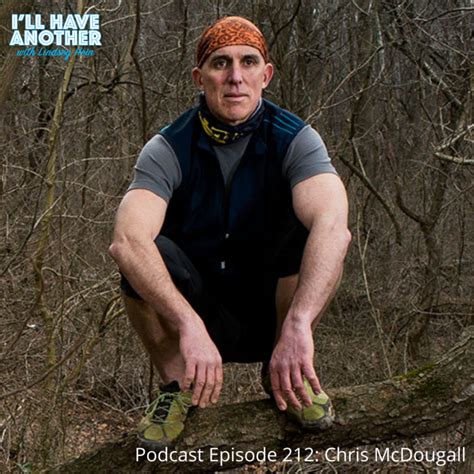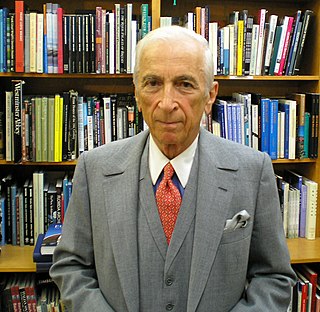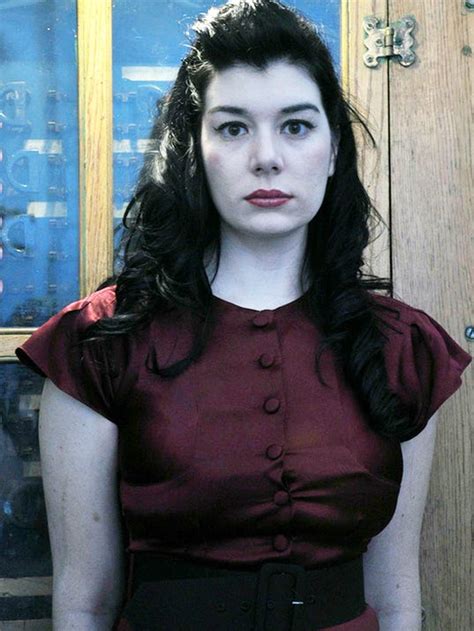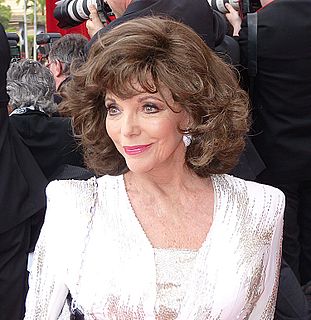A Quote by Steve Rushin
Humans had run barefoot for millennia, and some still preferred doing so in the modern Stone Age of the mid-20th century, when the handful of people running for exercise often wore whatever they happened to have on at the moment of inspiration.
Related Quotes
While Pickstown may not be what it once was, it still is framed by the natural beauty of the ancient river, the sweep of the Great Plains, and the long, unbroken shoreline of the lake behind the dam. It gave me a 19th-century childhood in a modern mid-20th-century town, and for that I will always be grateful.
There's this Indian fellow who worked out a cycle like the idea of stone-age, bronze-age, only he did it on an Indian one. The cycle goes from nothing until now and 20th century and then on and right around the cycle until the people are really grooving and then just sinks back into ignorance until it gets back into the beginning again. So the 20th century is a fraction of that cycle, and how many of those cycles has it done yet? It's done as many as you think and all these times it's been through exactly the same things, and it'll be this again.
In the 20th century, we had a century where at the beginning of the century, most of the world was agricultural and industry was very primitive. At the end of that century, we had men in orbit, we had been to the moon, we had people with cell phones and colour televisions and the Internet and amazing medical technology of all kinds.
Wherever you go, there you are. Whatever you wind up doing, that's what you've wound up doing. Whatever you are thinking right now, that's what's on your mind. Whatever has happened to you, it has already happened. The important question is, "how are you going to handle it?"
.... Like it or not, this moment is all we really have to work with.
D-Day represents the greatest achievement of the american people and system in the 20th century. It was the pivot point of the 20th century. It was the day on which the decision was made as to who was going to rule in this world in the second half of the 20th century. Is it going to be Nazism, is it going to be communism, or are the democracies going to prevail?
How often in life are you going to find your mate and that mate happens to be your same exact age and happens to have had the same life experiences to match where you are in our life so you guys can meet perfectly and give society what it wants? It just doesn't happen that way. Some people evolve at 24, some people are 60 and are still evolving. So why are we stopping these great connections based on age, or race or colour or whatever, gender, whatever? You meet who you meet and you connect because of your life experience.
Know why people run marathons? …Because running is rooted in our collective imagination, and our imagination is rooted in running. Language, art, science; space shuttles, Starry Night, intravascular surgery; they all had their roots in our ability to run. Running was the superpower that made us human — which means its a superpower all humans posses.
The fastest growing segment of the population in the world right now is over the age of 90, and in some cases over the age of 100 in some countries. So people are living longer. And even though much of it is attributed to modern medicine, it's not. It's lifestyle. It's nutrition. It's the quality of exercise, the ability to manage stress.






